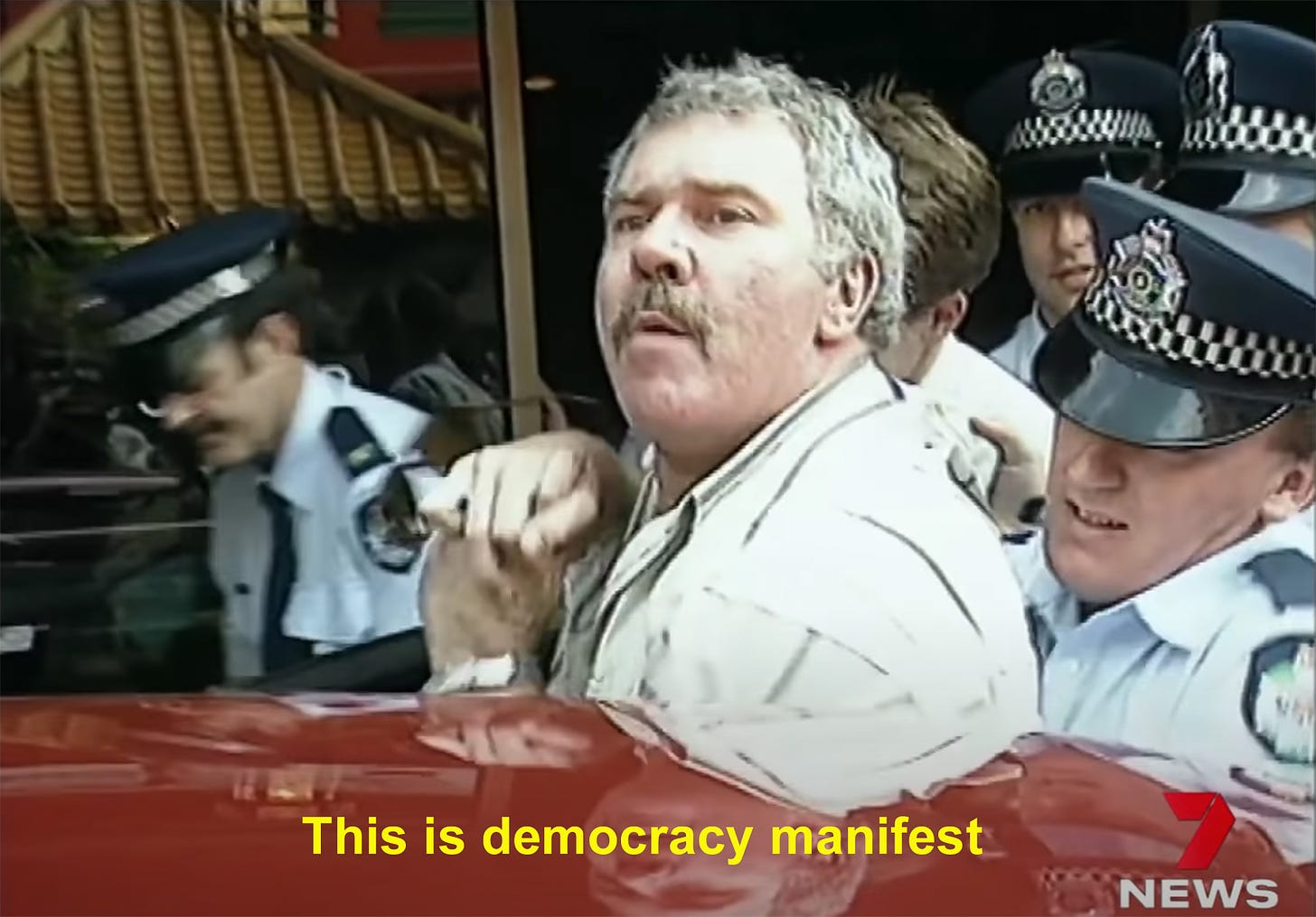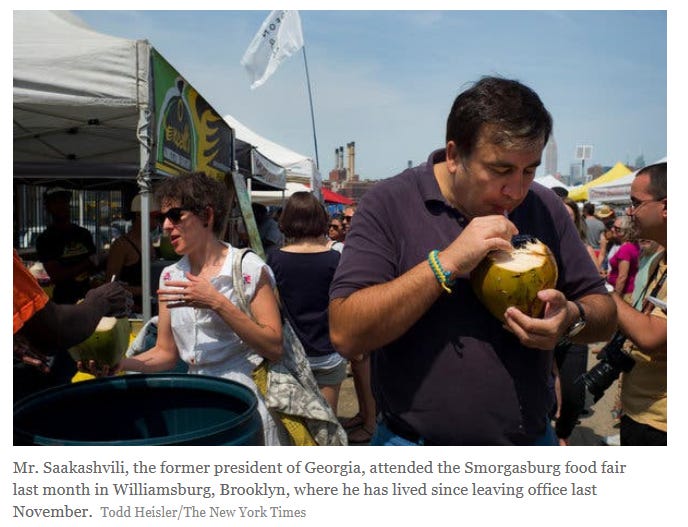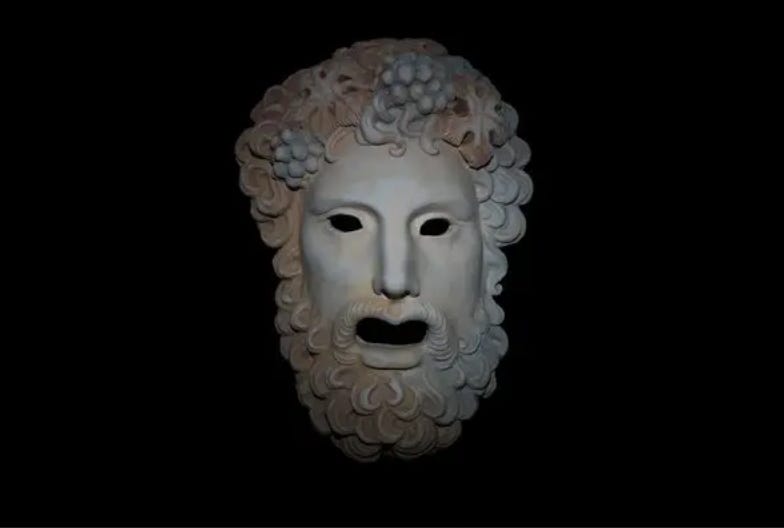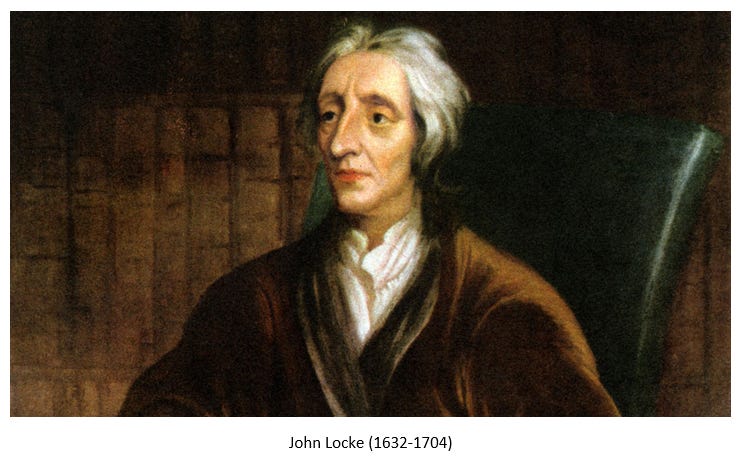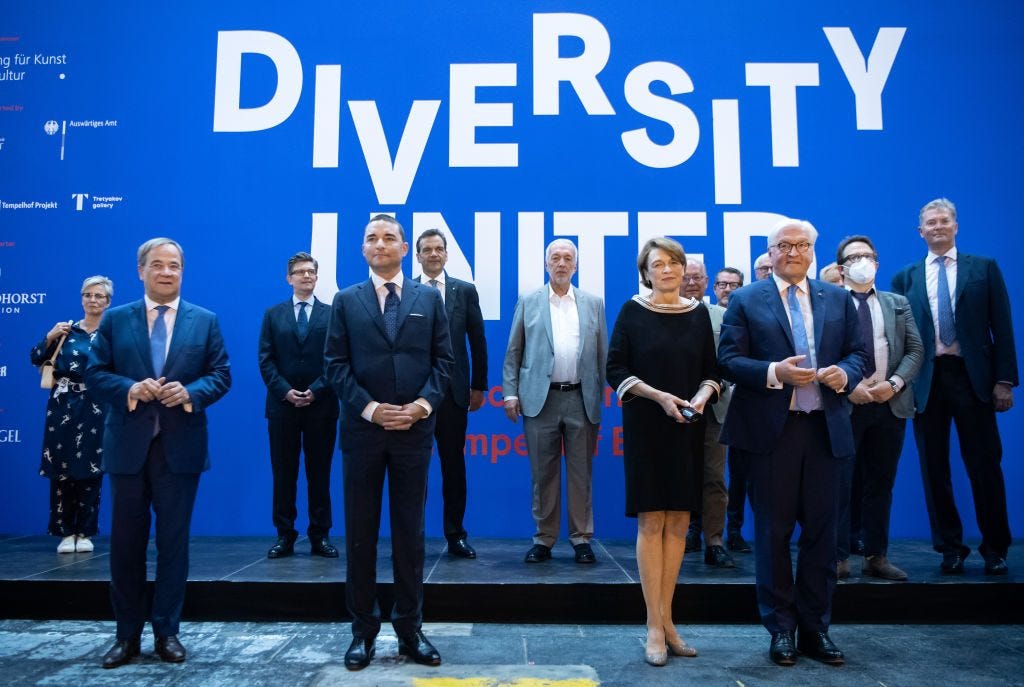"Gentlemen, This is Democracy Manifest!"
Democracy and Liberal Democracy as Interchangeable Floating Signifiers, The Misuses. Abuses. and Bankruptcy of the Term 'Democracy', Poland As Case Study
In September of 2014, exiled ex-Georgian President Mikhail Saakashvili was the subject of a very smarmy and thoroughly enjoyable profile in the New York Times. Saakashvili was then residing in the Williamsburg neighbourhood in Brooklyn, New York City, because Georgian voters had voted him out of power, and the new government had charged him human rights violations and embezzlement of government funds.
Despite being the darling of the CIA and US State Department after successfully leading the Rose Revolution, Saakashvili showed himself to have a strong authoritarian streak that alienated his allies. This was somewhat tolerable for Georgians, as they were used to a strong hand guiding them. After all, Stalin himself was a Georgian. What was unforgivable for them was entering into a war with Russia and losing badly.
Being an American asset means that you can relocate to the USA, and Saakashvili headed straight to his uncle’s loft in Williamsburg where he could plot his plot his political comeback and enjoy the gentrification of the neighbourhood courtesy of the hipsters. The profile is hilarious, because Saakashvili tries to ingratiate himself with the journalist profiling him by using all the key buzzwords that liberals and conservatives in the West like to hear, while doing so in the most clumsy and bizarre of manners. For instance, he describes the gentrification of Williamsburg as being “part of the democratic transformation”. Cafe Mogador, his favourite local coffee shop, is described as “my absolute favorite cafe, because it’s very democratic.”
Years and years of training courtesy of US intelligence cutouts taught Saakashvili to always appeal to values that Americans cherish, no matter how absurd they sound. This profile of him was a favourite of mine and several of my friends for years because of just how ridiculous his sloganeering was, especially when juxtaposed atop his existence in the centre of global hipsterdom (read the entire profile to enjoy it as much as I have over the years).
A cafe cannot be democratic, nor can gentrification be described as such. Saakashvili’s use of the political term “democratic” is meant to convey the idea that these things are good, because democracy is “inherently good”, at least to us Westerners. “Good things are good, so if you like good things that I like as well, this means both you and I are good.” This circular logic may seem rather silly, but there are real world applications for this, one of them being the use and abuse of the word “democracy”.
The God That Is Democracy
The least controversial definition of democracy that I can think of is that democracy is a political system whereby the people have a say in how their country is run via participation in regular and routine elections in which there is more than one option on the ballot, and where the voting is confidential. I believe this to be a very fair and logical description of what Westerners have traditionally viewed democracy to mean.
Winston Churchill once quipped that “democracy is the worst form of government - except for all the others that have been tried”. This is the prevailing view of today’s West (a stance that does have some merit), and a position that that has long been an article of faith. Proponents of democracy will happily point to its success in lifting the material conditions of its citizens, the individual freedoms that it offers, and how it bested and outlasted other ruling systems such as communism. Democracy equates to freedom, prosperity, and the rule of law, and delivers all of these better than any other form of governance….so the argument goes.
The collapse of the communist bloc that began in 1989 left western democracy as the only “viable” system left standing. Command economies could not compete with free(ish) markets, and economic stagnation could not paper over demands for national freedom desired by many behind the Iron Curtain. This rapid collapse ushered in a sense of triumphalism in the West, best expressed by Francis Fukuyama’s “The End of History and the Last Man”. Democracy, specifically liberal democracy, was to be the default operating system for the world at large, and those opposed to it were criticized as ‘anachronistic’, ‘authoritarian’, or ‘on the wrong side of history’. It is important to note here that in the 1990s, China was still rather “backward” in western terms, and the 2008 Financial Crisis was still far off in the future. No realistic competitors to democracy existed in the 1990s.
Democracy was now to be the baseline standard of governance because democracy is good, and the USA would be its shepherd. It is precisely at this point that things began to go off of the rails.
Democracy throughout History
By this point I am certain that you have managed to successfully deduce that the main subject of this essay is how the term “democracy” is cynically used and abused for the purpose of maintaining the USA’s global standing. We will get to that part soon, but first we must step back and take a look at how democracy has traditionally been defined/described/viewed by important political philosophers of the past.
I apologize if this sentence is infantilizing, but I will begin with the obvious bit whereby I must inform you that the word “democracy” comes from the Greek words demos (people) and kratos (power). This can be neatly combined to mean “power to/of the people”, matching nicely with Abraham Lincoln’s description of it being “Of the people, by the people, and for the people”. Simple, yet elegant….but nowhere near robust enough when it comes to governing large polities. Let us consult some of the big thinkers of the past to see what they have said about democracy, and while doing so, let’s view them through the lens of the present.
“If we look to the laws, they afford equal justice to all in their private differences; if to social standing, advancement in public life falls to reputation for capacity, class considerations not being allowed to interfere with merit; nor again does poverty bar the way; if a man is able to serve the state, he is not hindered by obscurity of his condition. The freedom which we enjoy in our government extends also to our ordinary life.”
A very strong emphasis on meritocracy is quite evident.
“The basis of a democratic state is liberty.”
Note: Aristotle’s concept of liberty is not the same as modern views which focus on individual liberty.
“For if the consent of the majority shall not in reason, be received, as the act of the whole, and conclude every individual; nothing but the consent of every individual can make anything be the act of the whole: But such a consent is next to impossible ever to be had.”
Majoritarian rule, provided that the people consent to be governed by the system that is in place. Locke agrees that ‘the people’ are sovereign, and that fundamental rights cannot be infringed upon (the Founding Fathers of the USA were very inspired by his work).
“There is no greater tyranny than that which is perpetrated under the shield of the law and in the name of justice.”
Montesquieu insisted that for democracy to work, its executors and administrators must possess public virtue, otherwise it collapses into tyranny.
“The idea of representatives is modern……In the ancient republics…the people never had representatives.…The moment a people allows itself to be represented, it is no longer free: it no longer exists.”
“It is against the natural order for the many to govern and the few to be governed….It is unimaginable that the people should remain continually assembled to devote their time to public affairs.”
“Were there a people of gods, their government would be democratic. So perfect a government is not for men.”
For Rousseau, only the direct democracy of the ancients qualified as actual democracy. Democracy could not perform properly beyond the size of an ancient city-state, as it would require representatives, making him very pessimistic about the future of democracy.
“The sole end for which mankind are warranted, individually or collectively, in interfering with the liberty of action of any of their number, is self-protection.…The only purpose for which power can be rightfully exercised over any member of a civilised community, against his will, is to prevent harm to others. His own good, either physical or moral, is not a sufficient warrant.”
For Mill, individual liberty was the cornerstone of democracy, and could not be infringed upon unless it harmed others.
“Justice is the first virtue of social institutions, as truth is of systems of thought. A theory however elegant and economical must be rejected or revised if it is untrue; likewise laws and institutions no matter how efficient and well-arranged must be reformed or abolished if they are unjust. Each person possesses an inviolability founded on justice that even the welfare of society as a whole cannot override. For this reason justice denies that the loss of freedom for some is made right by a greater good shared by others. It does not allow that the sacrifices imposed on a few are outweighed by the larger sum of advantages enjoyed by many. Therefore in a just society the liberties of equal citizenship are taken as settled; the rights secured by justice are not subject to political bargaining or to the calculus of social interests.”
Rawls version of democracy is non-utilitarian (the direct opposite of Mill), and is instead focused on fairness, equality, and individual rights.
If we look through the lens of the present, we will note that both Pericles and Aristotle lived in a polity (Athens) in which the franchise was held only by a small subset of men, thus excluding the majority of men and all women. Therefore, it is incredibly easy to view Athenian Democracy as undemocratic by modern standards.
Locke’s majoritarian rule would run into the issue of minority rights today, even if he did allow for fundamental rights to be safeguarded. The question, therefore, must be “Can Lockean Democracy be considered democratic by today’s standards?”
Whereas Montesquieu emphasized public virtue as a necessity for office holders, Rousseau argued that only direct democracy could be considered the real deal. In today’s world, direct democracy is viewed as too “populist” and dangerous, manifesting itself in referendums which risk the aims of the elites who govern (see: Brexit). Switzerland is an obvious exception to this rule. Rousseau would be classified as a ‘dangerous populist’ and quite possibly ‘opposed to democracy’.
Mill’s insistence on the primacy of individual rights does relatively well in our current environment in which we are experiencing “rights inflation” (i.e. the adding of new ‘rights’ such as women’s, gay, transgender, etc.), but runs head first into Rawls focus on ‘fairness’ and ‘equality’, as these two work to restrict the individual rights championed by Mill.
Yes, I am drawing attention to how there is no agreement as to what constitutes democracy by showing how definitions and classifications have changed over the centuries, and how they often contradict one another. This is an obvious point, but it is an important one.
Liberal Democracy Über Alles
There is no end to the types of democracies that are on the menu. Just to name some: direct democracy, representative democracy, liberal democracy, cellular democracy, ethnocracy, religious democracy, anticipatory democracy, associative democracy, consensus democracy, constitutional democracy, democratic centralism, economic democracy, grassroots democracy, guided democracy, inclusive democracy, Jeffersonian democracy, market democracy, People’s democracy, radical democracy, technocracy, and so on.
Not all of these recognized forms of democracy are exclusive to one another, as many do overlap. Yet like a bicyclist at the Tour de France, one has escaped the peloton and moved ahead of the pack: liberal democracy.




